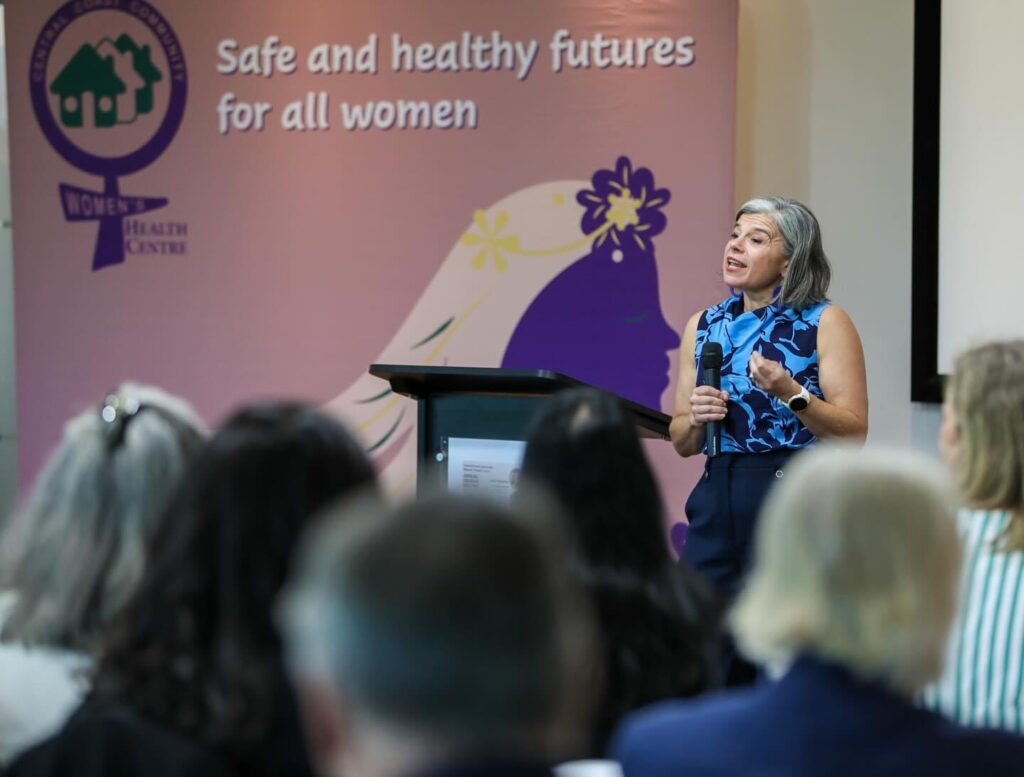Fifty four per cent of people aged 16 to 19 have experienced sexual violence in the last 12 months, according to newly released data by the Australian Institute of Family Studies, Growing Up in Australia: The Longitudinal Study of Australian Children (LSAC).
Full Stop Australia CEO Karen Bevan asks: how many more studies do we need to see before taking real action and changing the narrative on the current status quo of sexual violence being a part of growing up in Australia?
The latest findings on the rate of young people experiencing sexual violence is deeply concerning, though unsurprising to frontline workers and survivor-advocates who have spent decades calling for greater attention to sexual violence in national conversations, policy, and law reform.
During 16 Days of Activism to End Gender-Based Violence, we ask – how many studies highlighting the significant breadth of sexual violence in Australia does there need to be before there is action?
This data validates long-held observations from our clients and the wider community that part of growing up in Australia entails a significant risk of sexual violence and harassment, particularly for young women and people of diverse gender identities.
Between May 2023 and May 2024, 31 per cent of people contacting Full Stop Australia’s NSW Sexual Violence line were under 25 years of age, the largest age group represented.
Sexual violence and harassment can have serious impacts on victims’ safety and well-being, resulting in long-lasting health and socio-economic burdens. Insufficient response, recovery and justice seeking pathways only work to further exacerbate trauma and prolong victims’ suffering. The Young Minds, Old Biases report by the Young Women’s Alliance earlier this year showed that 90% of young women they surveyed view
sexual violence or assault as inevitable in their lifetimes.
It doesn’t have to be this way.
There are evidence-based response and prevention mechanisms that better protect people of all ages and address sexual violence and harassment. Continued investment in broad-scale prevention is needed to address the drivers of sexual violence – in particular, harmful social attitudes about women and LGBTQ+ people and biases that blame victims for sexual violence.
Initiatives such as bystander training, respectful relationships education in schools, training of police and judiciary, sexual violence specialist courts, ensuring accessibility to services and workplace education for employers and employees are all critical.
Australians remain at risk of sexual violence from childhood, across the lifespan. Our Watch reported recently that 40 per cen of workplace leaders are not aware of the legal positive duty that obliges them to take proactive steps to prevent sexual harassment, which has been in place since December 2022 pursuant to Respect@Work legislative reform.
Almost 30 per cent of employers in the survey were not aware that sexual harassment – outlawed for 40 years – was illegal.
Leaving school or the workforce does not limit your exposure to sexual violence in Australia. The ALRC report, Elder Abuse – A National Legal Response, and the following Royal Commission into Aged Care, estimated that up to 50 sexual assaults take place in aged care facilities every week.
Sexual violence and harassment happen all the time – including at school, university, on public transport, in public spaces, at home, in social environments, at work and in care.
Frontline sexual violence services are experiencing increases in demand year on year, which aligns with ABS data showing that national reported sexual violence incidents are at a 31-year high in 2024.
This increase in demand has not been met with funding for specialist sexual violence services who are carrying waitlists, and some services are at risk of closure without additional funding.
We can change this story.
The NSW Sexual Violence Helpline is available to anyone in NSW impacted by sexual violence. Call 1800 424 017.
Free 24/7 trauma-specialist counselling is available to anyone in Australia who has been impacted by sexual, domestic and family violence. Call 1800 FULL STOP (1800 385 578).
In an emergency, call 000.


